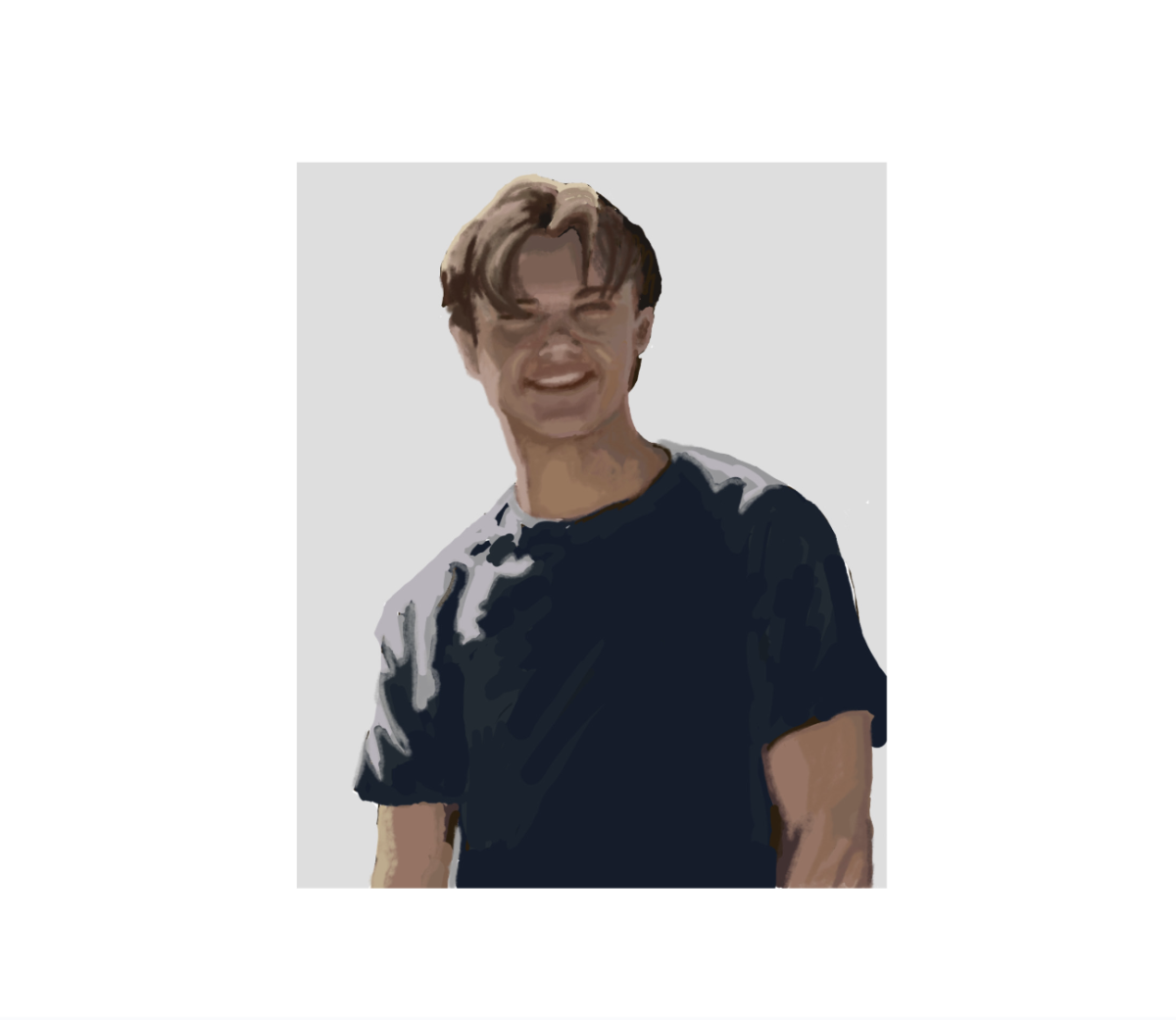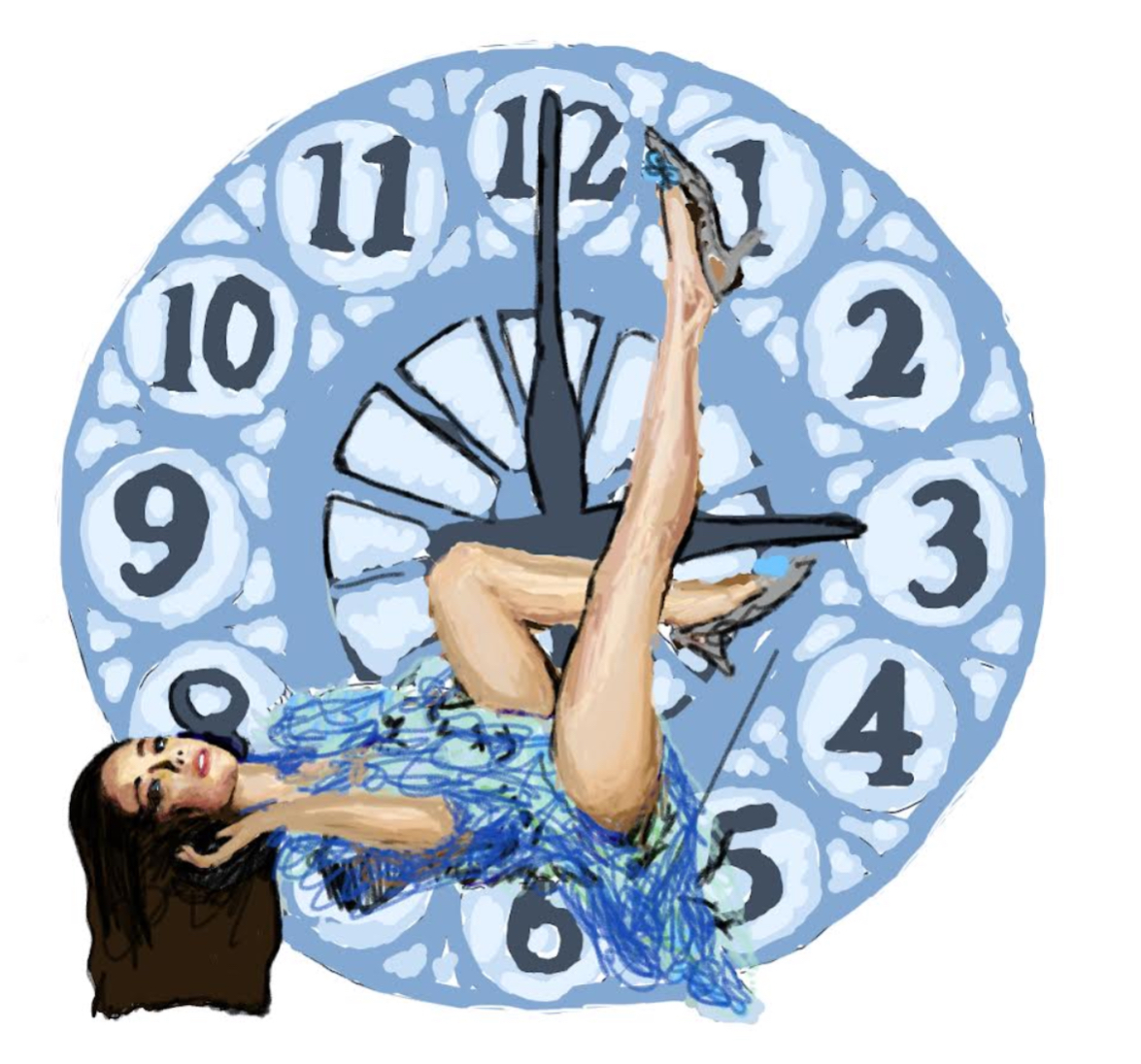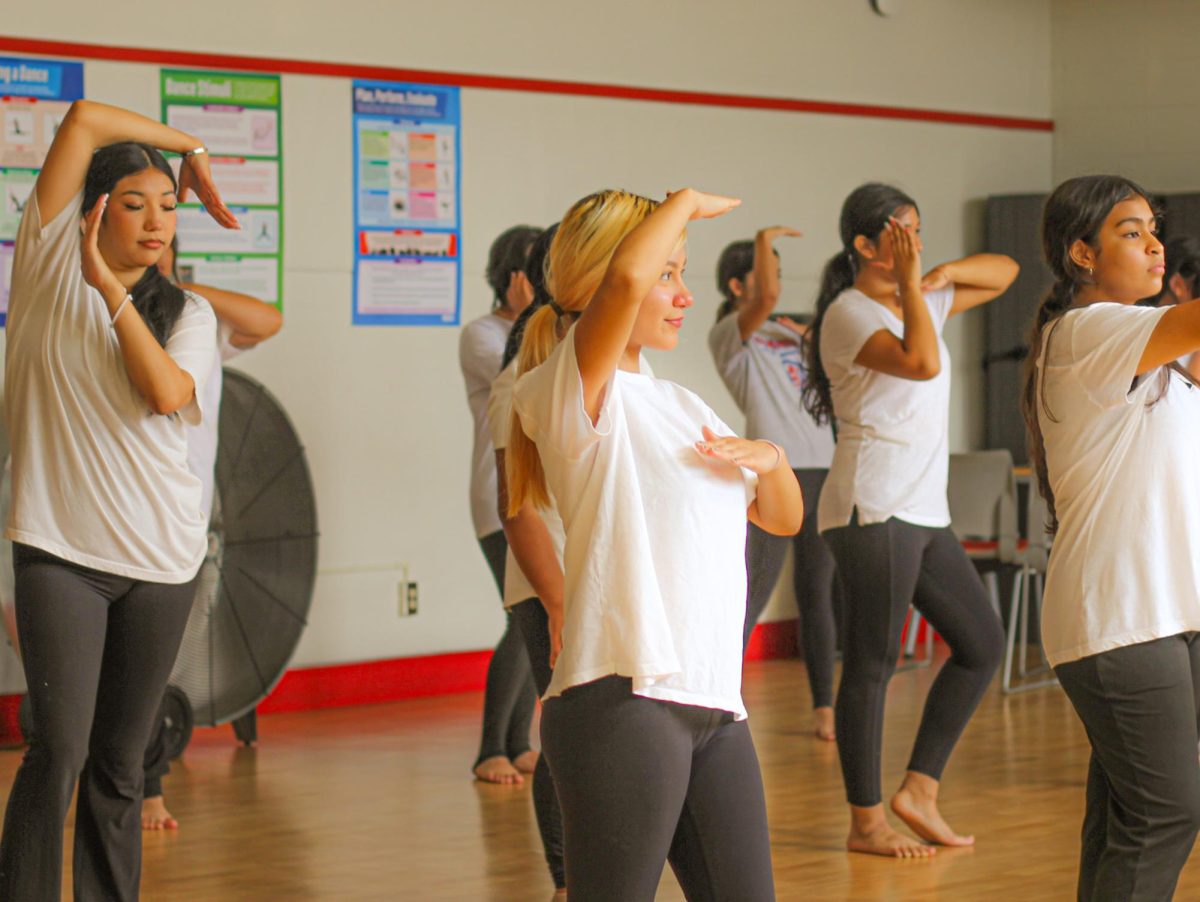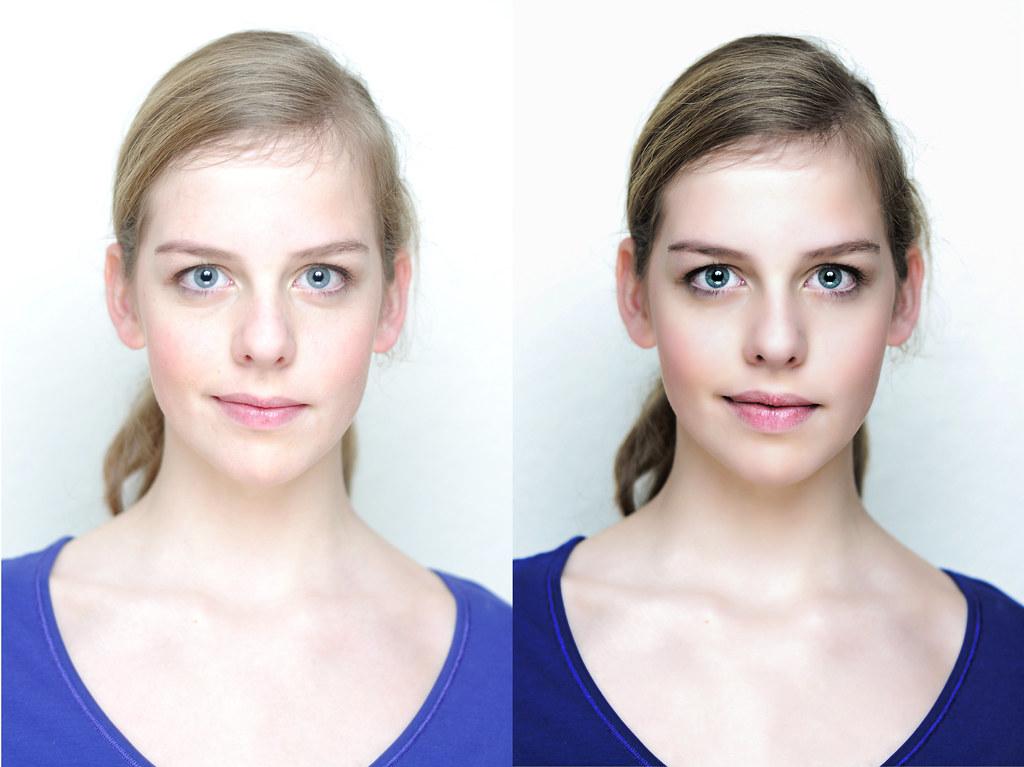In the gigantic social media platform TikTok, we see technology proceeding in the form of face morphing, enhancing, and altering filters. These filters simply display what the beauty standard would look like on your face. For example, the “Perfect Face Filter” on TikTok slims your face down, adds big lips, a smaller nose, blurs pimples, and enlarges your eyes. This filter has continued to reach high engagement according to Forbes magazine which has only increased since the pandemic. These filters are specifically targeted towards women, adding on to feminime facial features. These filters are dangerous and detrimental to young girls who are still developing and easily influenced. This is a blatant form of brainwashing.
With the continuous technology advancing to an extreme, the controversy over the differing effects is a consistent conversation around the globe. Dr. Doft, a cosmetic surgeon explained that female clients have started to make specific requests for cosmetic surgery based on the filters they have access to. In a 2021 survey of 200 teenagers,young people who use beauty filters are more likely to want to have cosmetic surgery and to alter their skin color. Adding on, 61% of respondents reported that filters contributed to them having negative thoughts about their appearance. Young girls are gaining increasingly more access to social media at younger ages and these filters are a horrible foundation for their self esteem and views on idealistic beauty standards. I asked some of our student body if they can relate. Sophomore Madilynn Untersieher said, “These filters feel like they are taunting me, letting me see what I could look like, they literally hurt my feelings.”
These filters inevitably cause a form of face dysmorphia, changing the way young girls see themselves and society’s expectations by brainwashing them into thinking this is what pretty is, and this is what they should look like. Snapchat Dysmorphia is a term that was introduced in 2018 by plastic surgeon Dr.Tijion Esho to highlight the revolution of filters and the increase of wanting to achieve that face in real life. Although they can be intriguing and alluring, the harmful effects are clear. Julia Parks, a senior at San Marcos said, “Filters negatively impact people and create unrealistic standards but especially for young girls. We think we have to look a certain way but in reality no one actually looks like that.”
Have fun with filters but do not compare yourself to your filtered face and do not blame yourself for not meeting these unfair expectations. It’s so important to reject conformity and capitalize on the individuality of yourself.




























